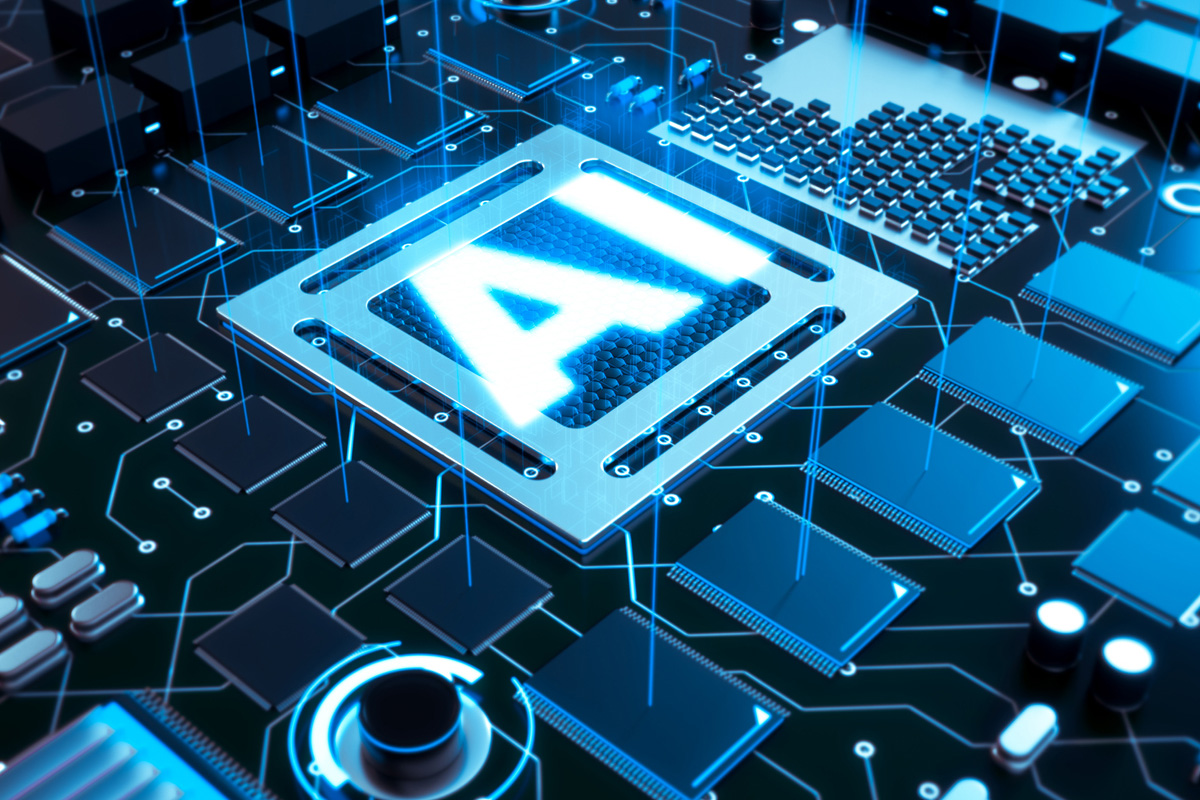At a function organised by the Supreme Court Bar Association on Constitution Day,, the Chief Justice of India highlighted the need to upgrade the infrastructure in the Lower Courts which according to him were the backbone of the system. The CJI also disclosed that a proposal was currently under consideration for the introduction of Artificial Intelligence to aid the justice delivery system. Both these measures are aimed at ultimately helping in and improving the efficiency of the justice delivery system. Coming from the Chief Justice himself and within the first week after his assumption of office, the suggestion is indeed heartening and strengthens the hope that initiatives would be taken in right earnest to streamline the system and reduce pendency in the courts at various levels.
From time to time, reports have been submitted suggesting various measures for clearing the backlog in various courts, but the outcome has been rather disappointing. According to rough estimates, as of August 2019, there are over 3.5 crore cases pending in the Supreme Court, the High Courts and the subordinate courts throughout the country. Of these, the subordinate courts account for over 87.3 per cent pendency of cases, followed by 12.5 per cent pendency in the 24 High Courts. The remaining 0.2 per cent of cases are pending with the apex court. The problem of pendency creates considerable collateral damage, particularly in criminal cases, as it leads to prolongation of custody for undertrials. The situation in some of the subordinate courts has almost assumed scandalous proportions as even the CJI had said that “convicts are being heard in some courts after the completion of their sentence.”
Advertisement
As per the available information, there were a total of 433003 inmates in various prisons in the entire country, of whom convicts accounted for only 135683, while more than 65 per cent of the entire lot were undertrials. It is not as if the problem of mounting arrears has not been addressed with sufficient emphasis in the past. The Arrears Committee, constituted by the Government on the recommendation of the Chief Justices’ conference, had said, “The failure on the part of the Executive to produce adequate number of competent judges from time to time has substantially contributed to the mounting arrears.” While there is need for more judicial officers, if the procedures remain archaic, it is not going to make much difference. Recently, the Ministry of Home Affairs has taken the initiative to review the existing penal as well as criminal procedural laws.
It is hoped that such a review would result in something concrete, so that the framework of police as well as judicial procedures would be taken into account and be guided by the basic principle of expeditious and inexpensive delivery of justice for the common man. Only last month the Supreme Court of England, in an important constitutional matter, ruled that Prime Minister Boris Johnson’s suspension of Parliament was unlawful. Obviously, this had far-reaching constitutional implications and set a precedent. The judges had ruled that the Prime Minister had acted illegally to suppress the parliamentary scrutiny of the official proposals on Brexit.
The unanimous judgment pronounced by 11 judges of the highest court of England was made just after three days of hearing. Contrast this with a situation in our country where a Constitutional Bench would have been constituted, which may have taken quite some time to deliver. One of the major factors causing delays in trials is securing repeated adjournments by the lawyers. This comes from the temptation to simultaneously handle a large number of cases with possible concurrent listings in several courts. As often as not, there is a deliberate effort to prolong the hearings. A better control of the proceedings in the courts by the presiding officers by discouraging adjournments and fixing specific time limits for submission of arguments can give almost instant relief to the common man as well as lighten the burden of courts. In the courts in United States, it is understood that both sides are not allowed more than thirty minutes each for oral submissions.
A material difference can be made by the government itself as it continues to be the biggest litigant. There are an estimated more than five lakh cases pending across the country in various courts and tribunals in which the central government is a litigant. By categorising the cases involving citizens, own employees, government contracts, corporates, tax matters, public sector units etc., a shortlisting can be done and an assessment made at a senior level so that frivolous litigation could be curbed. A large proportion of government litigation may be for the sake of form and arises from the fact that very often officers shirk taking decisions, lest they are held responsible later for having gone soft.
A reclassification of crimes for trial of offences under the social welfare code, correctional code, economic and other white collar crimes, criminal code, organised crime and terrorism, also needs to be considered. In the given situation it can be safely summarised that merely raising the strength of the judicial officers may not be enough for quick delivery of justice to the common man as the system calls for changes in judicial as well as criminal code and police procedures.
(The writer is a former Governor and a Sr. Advisor at the Pranab Mukherjee Foundation)











